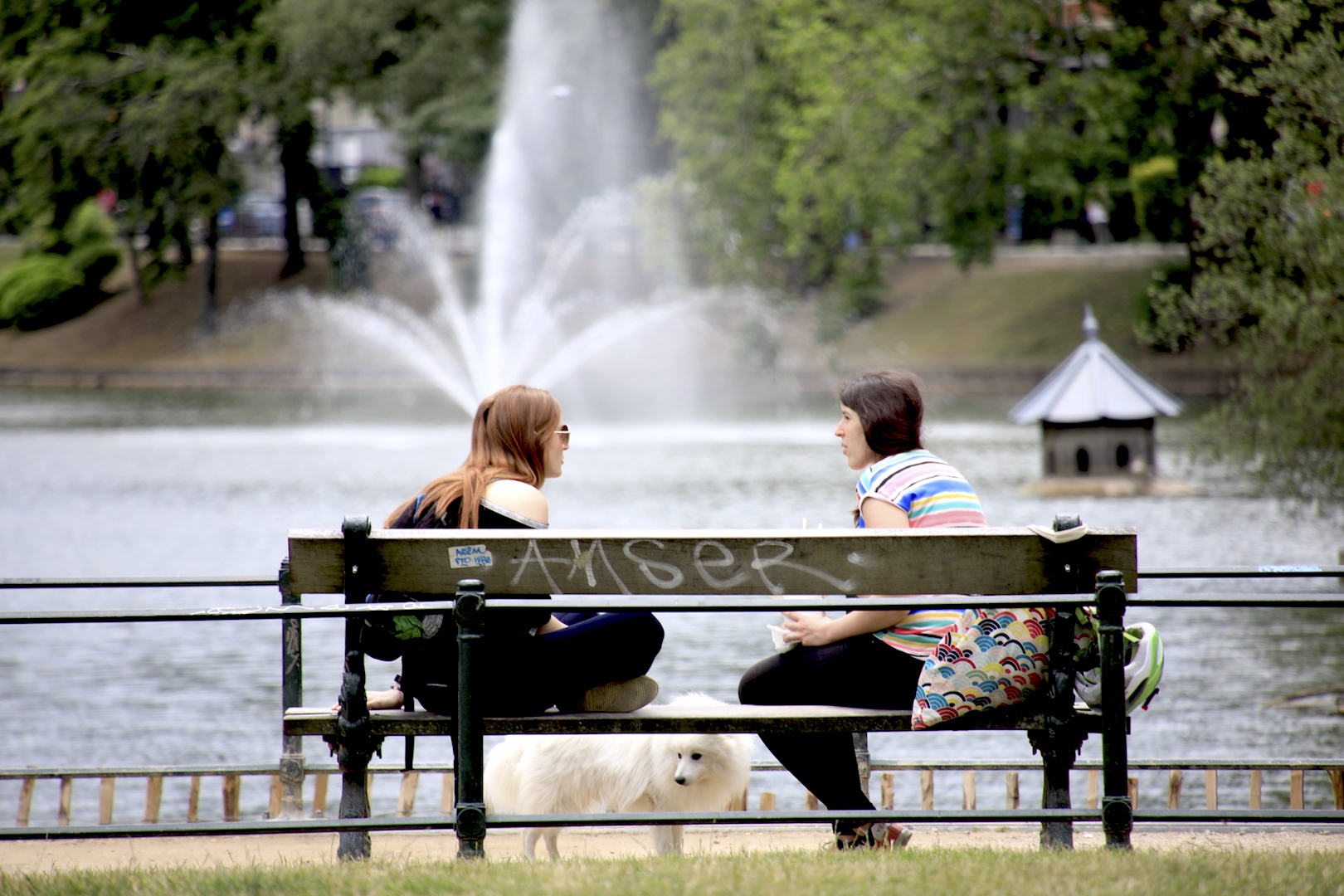Τι συμβαίνει όταν αλλάζει η καθημερινότητα μας με έναν τρόπο βίαιο και αναπάντεχο, όπως συνέβη λόγω της πανδημίας; Είναι γεγονός πως αυτός ο κατ” ανάγκην περιορισμός εντός της οικίας, σε άλλους ήρθε θετικά. Τουλάχιστον κατά το πρώτο διάστημα της καραντίνας. Γρήγορα όμως γίνεται αντιληπτό πως μια τέτοια κατάσταση δεν είναι εύκολα διαχειρίσιμη μακροπρόθεσμα. Τι γίνεται λοιπόν σε αυτή την περίπτωση; Ο λόγος στον ψυχολόγο Αλέξανδρο Αγγέλου.
What happens when you remove structure from your day?
This year has been quite different, confinement due to the coronavirus has affected people in many ways.
At first, most people enjoyed the confinement as it reduced the pace of life and offered some relief from their daily pressures. In addition, the novelty of working from home coincided with the very pleasant weather in Brussels from March to June. The first months of the pandemic, the fear factor in people was significantly higher due to the many unknowns of the virus and how to address it. This of course was moderated by one’s living conditions. Living alone, in a couple or in a family, in a flat, apartment or house made a significant difference as well as not having to manage illness or lose. Being able to work from home and not losing any revenue also made all the difference.
The first half of the first confinement was relatively painless for most. The second half, people started to want their life back. People missed their friends, family and social life. Some even missed going to the office (many didn’t…). Many missed having a daily routine. In the end of October, as the numbers of infections increased, the second wave was declared. This time, people knew what to expect and were less stressed about the idea but did not like it. For many, re-confinement was like a prison sentence.
A recurring theme that people expressed during sessions was that they were distressed about the fact that their days were stripped of their routines and the structure. Being home bound, getting up and staying in your pyjamas in front of your computer all day and not being in contact with friends or family rapidly lead to a deflated, sad and low productivity state.
Many wondered, how did people manage during the Spanish flu of 1918 which infected 500 million people (which represented 1/3 of the world population at the time) and killed around 100 million?
Today’s pandemic is not easy but it is easier than the Spanish flu, we are lucky to be living in a period where we have access information and are able to connect online like never before. Food supply and distribution is not at risk; therefore it is not a problem that we need to address.
In this current context in which our routines and structure was removed, it is crucial to not leave a void and to rapidly fill the void by replacing the old structure and routines by new ones.
Given that we do not have to deal with illness (either personal or of loved ones) or a loss of income leading to financial difficulty, one needs to re-adapt and re-organise their days.
I believe that this period can be an opportunity and does not have to be experienced as a nightmare.
Most probably, we will have to re-invent our work life, as it will not be the same as before. Regardless of how things evolve, it is crucial to have structure and routines in our day that are adapted to the societal and personal context that we are living in.
Having daily exercise, eating and sleeping well as well as going outdoors in a safe way is necessary. In terms of productivity, one needs to set goals that are realistic and adapted to their context. Something I often say is that a goal is as good as the constraints allow. Imagine being a swimming champion who breaks speed records in an Olympic swimming pool. If you were thrown into the middle of the ocean, your performance would be very different, you would not be able to cover the same distance in the same amount of time. External factors such as wind, currents, waves, water temperature, day light, boats and so on would greatly affect your performance. Therefore, it would not make sense to expect the same performance as when in a pool.
In addition to this, it is crucial to have some enjoyment in your day, everyday. It is important to be proactive in looking for possible activities and interests that are compatible with the times we are living.
Socialising with friends and family online is an important aspect of living confinement in a positive way. At first, I felt that meeting friends and family online was strange and ridiculous, but rapidly it became enjoyable and nice to be able to catch up, not as nice as meeting in person but definitely better than nothing.
I truly believe that it is possible to thrive even in the darkest times if you align with the present and structure your time accordingly so as to survive and even thrive.
* Ο Αλέξανδρος Αγγέλου είναι ψυχολόγος, ειδικευμένος στην γνωστική-συμπεριφορική θεραπεία


Δεν υπάρχουν σχόλια για το άρθρο ""Τι συμβαίνει όταν αφαιρούμε την οργάνωση από την καθημερινότητά μας;" O ψυχολόγος Αλέξανδρος Αγγέλου έχει τις απαντήσεις"